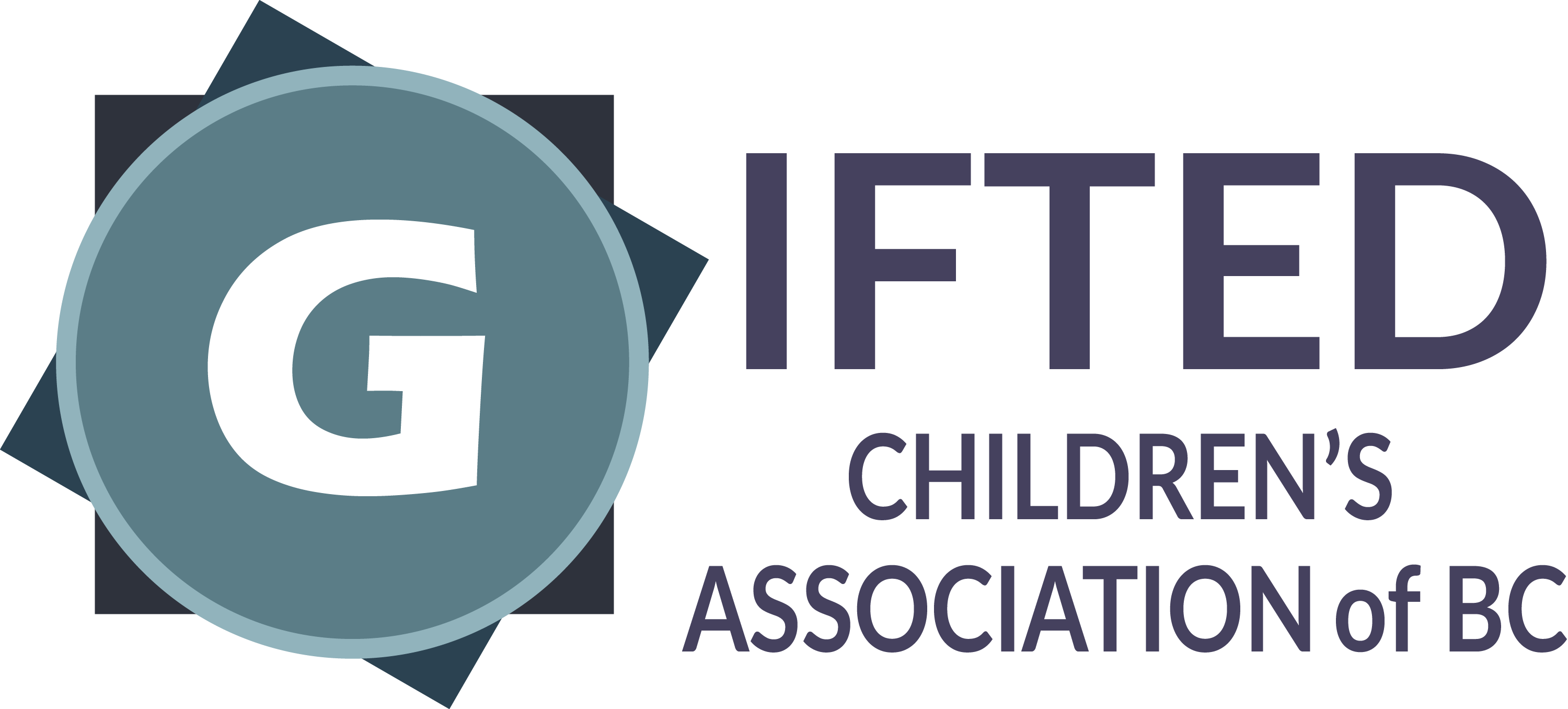Two programs offered by some school districts and one offered by a consortium of the Vancouver School Board (VSB), the Ministry of Education and the University of British Columbia (UBC) are providing opportunities to students with high ability to reach their intellectual and creative goals.
The Challenge Program in Surrey is offered to students in grades three through seven and includes “intense academic, intellectual and creative challenges.”
The Multi-Age Cluster Classes (MACC) in Surrey is offered to students in grades five through seven and provides “academic support and social-emotional support for highly gifted students.
Both Challenge and MACC are offered in other districts in similar format. You find more information about the challenge program MACC on the Surrey School District website.
The University Transition Program is an early college entrance program open to 10 VSB students and 10 from other districts in each of the two years.
Read Fannia Xu’s positive experience in the public school system in Surrey, BC, transitioning from Challenge Programs, into MACC and then the University Transition Program at the UBC.
The letter below is reprinted without edits.
Academic Transitions by Fannia Xu
I wasn’t the most popular kid in the fourth grade; my classmates often teased me for my love of academics. I had been hoping for some challenges academically since sometime around the first grade. For a long time, I’d always felt ashamed to admit that what I was learning in school was too easy for me; fellow students always said that I was just bragging and exaggerating the ease of the course materials. Because of this, I never felt very well-liked or at home in the school environment.
Before I was in MACC, I took part in the Challenge Program, which was where I was first introduced to the idea of being challenged in academics. I’d fell in love with the program, but it left me hoping for more in terms of challenge and acceleration. This, of course, led to my registration for the testing for the MACC program at Berkshire Park Elementary.
When I first joined the MACC program, everything we were learning had felt foreign and unknown. For once, I felt like I was in an environment where I was constantly given challenges. MACC wasn’t an accelerated program, and that much was obvious; however, the deeper looks at some plain and ordinary subjects opened my eyes up to new opportunities and also helped pave the way toward the future I chose. The fields of study we encountered in MACC were truly eye-opening. The students in the program were just the cherries on top; MACC was a place where I felt I could always be myself.
As a student in MACC, I’d always thought that that would be the limit on my academic life, that MACC would be the most accelerated program I would partake in, that I would leave MACC to attend my local secondary school like the majority of the other graduates had done. After my three years in MACC, I discovered this academic drive inside of me, telling myself that I had to push myself further and further with everything I learned. That was when I made the conscious decision to apply to the University Transition Program.
At first, I was reluctant to apply; the picture that my mind painted of Transition had always included intense workloads and a large amount of stress, combined with no free time. Though that much has been made true in Transition, I can also testify that not a single day goes by without having fun, and that fun comes within being a small, cohesive community. The only reason I’ve been able to survive in Transition so far is due to the massive support network that exists between each and every one of my classmates. This was something that was different from MACC; although we often worked together, we never quite functioned as a community. I didn’t receive such a large amount of support while I was in MACC, but I suppose it was not needed.
The big difference between Transition and MACC has always been the issue of accelerated vs. comprehensive learning. Though MACC was not an accelerated program, being a student in the MACC program definitely made the transition between elementary school and the Transition Program a lot easier. Today, I can safely say that I am content with my academic life, and none of that would be possible without the journey I’ve taken, through Challenge, MACC, and now University Transition.


